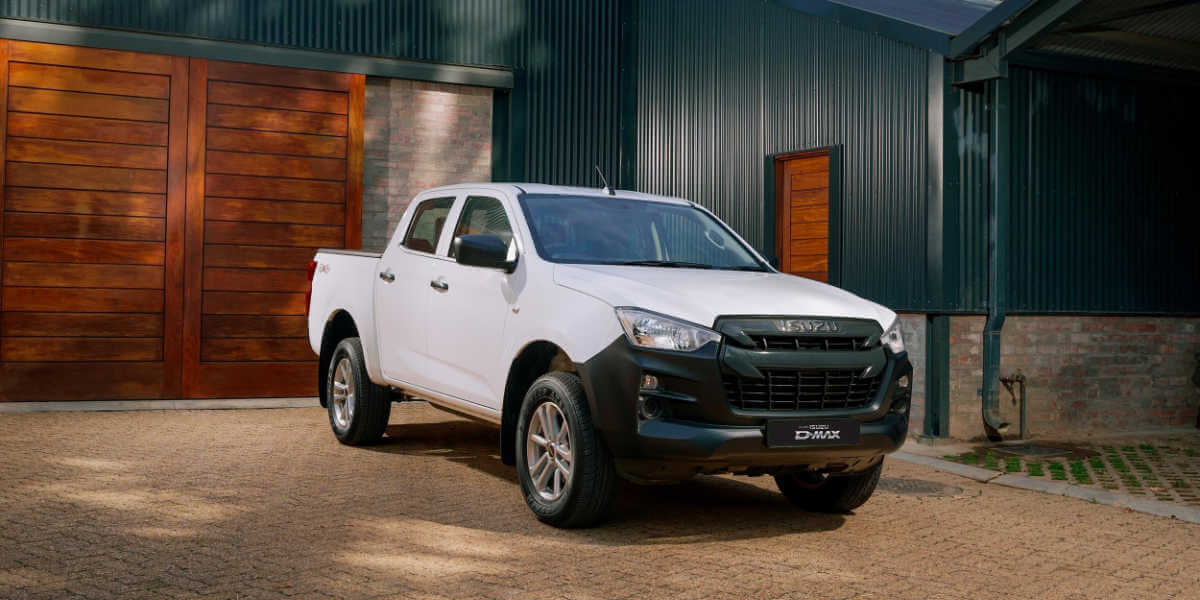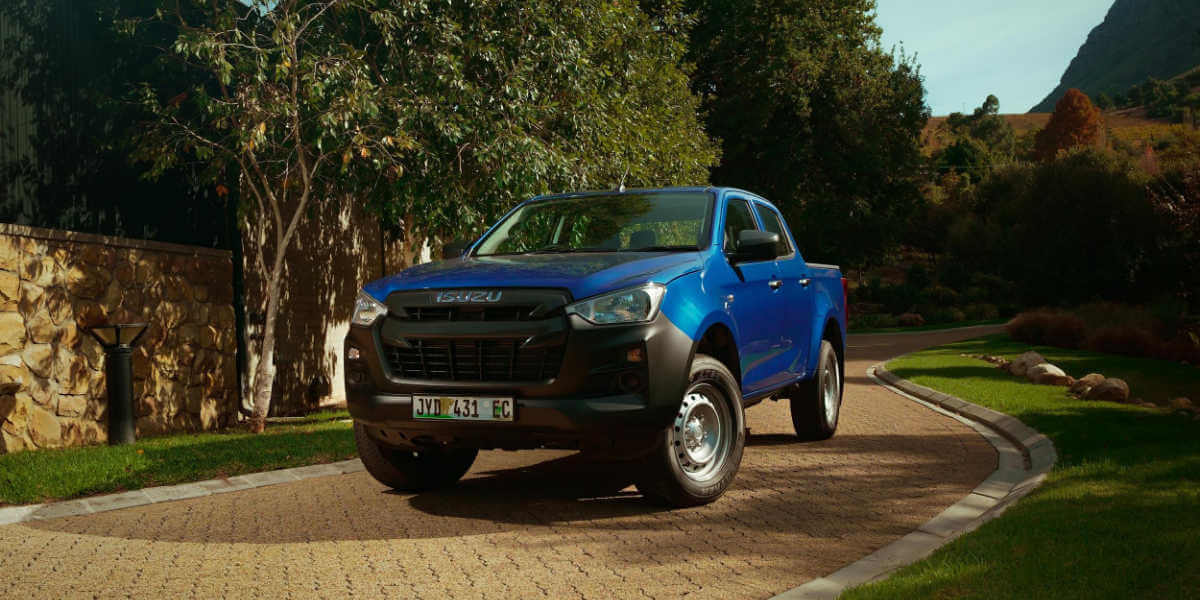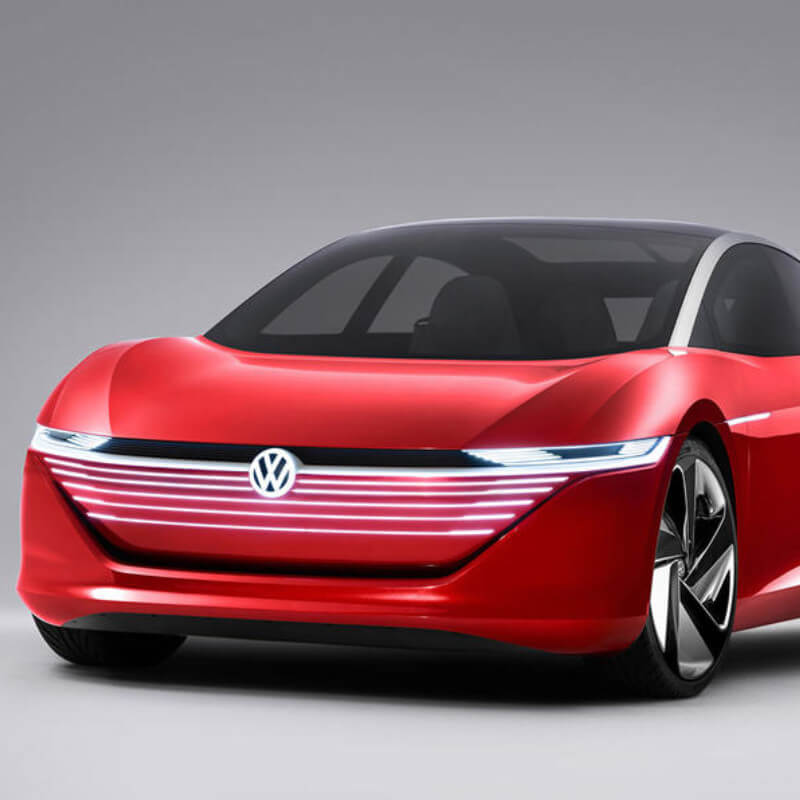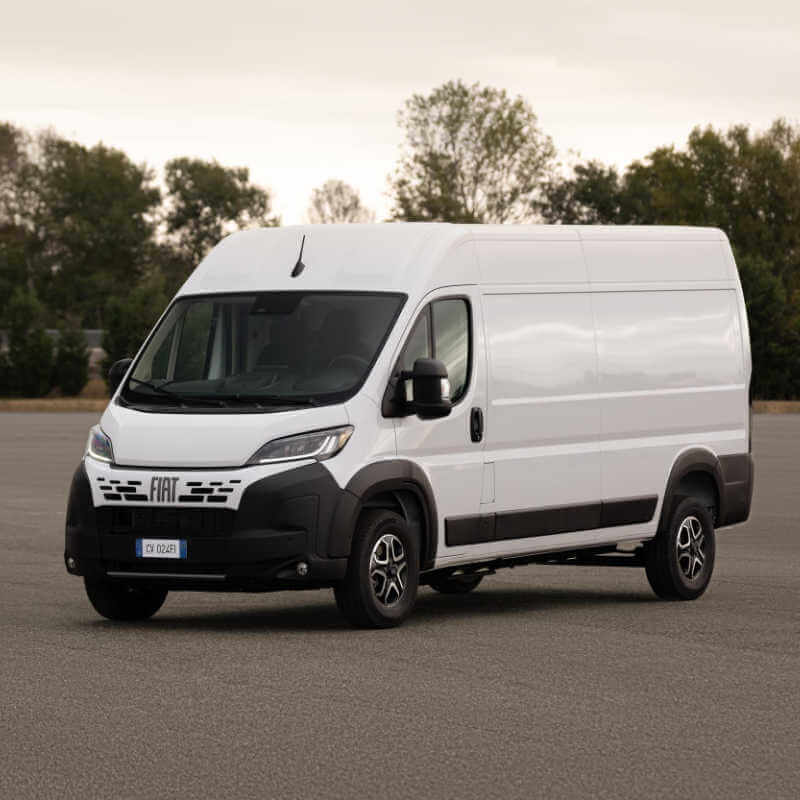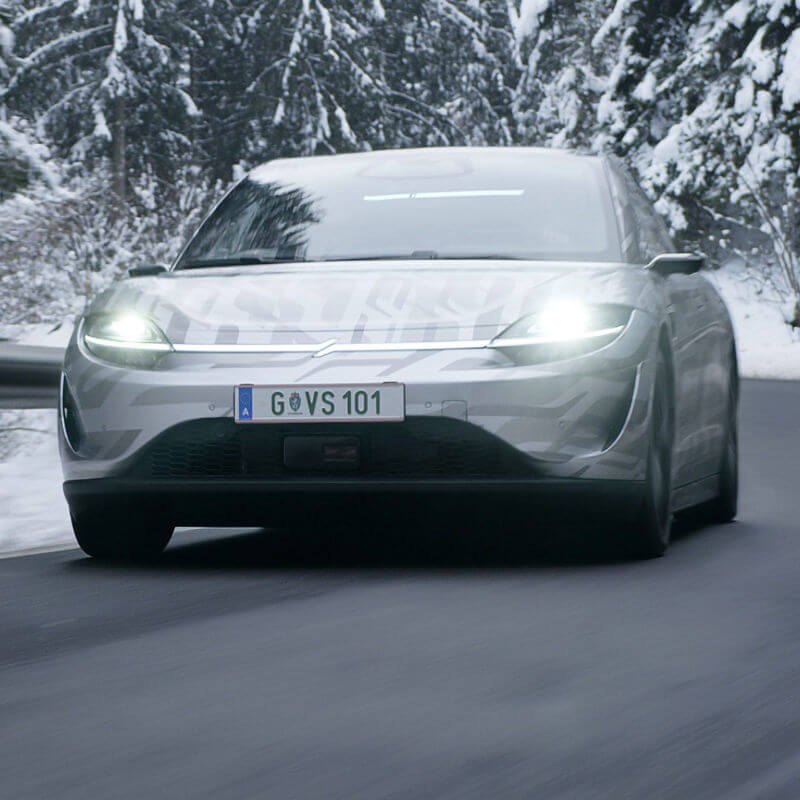Isuzu showcases exceptional fuel efficiency of D-MAX 1.9 Ddi range
With fuel prices remaining high in South Africa and contributing to the steep increase in the cost of living and doing business, Isuzu Motors South Africa has set out to prove the exceptional fuel efficiency and budget-friendly capabilities of its D-MAX bakkie range – in particular its frugal 1.9 Ddi models.
Article by: Isuzu
Over the years The Isuzu D-MAX has earned a stellar reputation for outstanding fuel economy, low running costs, solid performance, dependable reliability and durability amongst commercial and fleet operators, as well as private customers. These attributes were further reinforced with the launch of the seventh-generation D-MAX in 2022, which is assembled at Isuzu’s vehicle plant in Struandale, Gqeberha.
Extensive upgrades were implemented for the proven range-topping 3.0 Ddi engine to improve performance and economy. To further enhance the product line up Isuzu also introduced the latest-generation 1.9-litre four-cylinder intercooled turbodiesel engine that has had a significant leap forward on fuel efficiency.
To prove the remarkable fuel-sipping habits of the latest 1.9 Ddi engine, Isuzu recently conducted a fuel economy test drive from Johannesburg to Cape Town as a precursor to an official Isuzu ‘1 Tank Challenge’ set to take place in March this year.
Driving a D-MAX 1.9 Ddi Double Cab 4×2 Manual, Grant McCleery, the renowned racing driver and head of the Isuzu Driving Academy, completed a 1 431 km test run between South Africa’s two biggest cities. Recording a realistic, real-world average speed of 100 km/h over the entire distance, the D-MAX 1.9 Ddi used a mere 73.82 litres – which translates to a remarkable 5.1 litres per 100 km, or 19.39 km/litre!
What makes this result even more impressive is that a similar test done in 2021 with a previous-generation D-MAX 2.5 Single Cab used a total of 102.31 litres to cover 1 454 km, with an average consumption of 7.02 l/100km or 14.2 km/litre.
“Isuzu customers trust our D-MAX range to deliver superb fuel economy and low running costs, matched to uncompromising reliability and durability, which are essential to keep their vehicles on the road and have fleets running as efficiently and cost-effectively as possible,” says Kevin Fouché, Department Executive: Product Planning and Programme Management at Isuzu Motors South Africa.
“With the launch of the seventh-generation D-MAX last year, we raised the bar significantly in all areas, including technology, safety, comfort and refinement. More importantly, the introduction of the 1.9 Ddi engine is designed to fulfil the requirements for a modern turbodiesel engine that meets the increasingly stringent global emission standards, uses less fuel, is a lot quieter and more refined, and delivers Isuzu’s world-renowned reliability and durability,” Fouché says.
“The exceptional result from our initial economy run test proves that the D-MAX 1.9 Ddi ticks all these boxes. We will now take this concept further by hosting an innovative 1 Tank Challenge with a fleet of 1.9 Ddi models in March this year to reinforce the exceptional fuel and budget-saving attributes of our D-MAX range,” Fouché adds. “The vehicles will be driven by selected media representatives to see how far they can drive on a single tank of fuel, and what fuel consumption they can achieve. We will be inviting our dealer partners to enter their own vehicles too as we showcase the outstanding performance and efficiency of the D-MAX 1.9 Ddi range.”
Isuzu offers an extensive line-up of 24 D-MAX models in South Africa, 16 of which are powered by the economical 1.9 Ddi engine. There are five Single Cabs, four Extended Cabs, and five Double Cabs available in the 1.9 Ddi engine range.
The RZ4E-TC 1.9-litre four-cylinder intercooled turbodiesel engine used in the D-MAX range relies on a 200 MPa common rail direct injection system along with a high-efficiency variable geometry turbocharger with an electronically controlled actuator to deliver excellent turbo response and acceleration across the engine speed range. As a result, it produces higher outputs than many larger-capacity engines with 110 kW of power at 3 600 r/min, and peak torque of 350 Nm between 1 800 and 2 600 r/min.
Fuel consumption is optimised by utilising a unique combustion chamber design, precise fuel injection control with DLC (Diamond-Like-Carbon) coated fuel injector needles, a low-friction alternator and an improved exhaust system with an EGR (exhaust gas recirculation) cooler. Noise and vibration are reduced, thanks to the high-stiffness cylinder block and a resin camshaft cover.
To keep running and maintenance costs low, the 1.9 Ddi engine features automatic hydraulic valve lash adjusters, a long-life steel timing chain, a single ancillaries drive belt with automatic tensioner and a cartridge-type ecological oil filter.
The six-speed manual transmission is also optimised for the seventh-generation D-MAX, with a revised pivot point allowing a more upright and level shift stroke movement. The gear lever is fed directly into the transmission without the need for cables, contributing to a positive feel for the driver and easy gear selection.
An updated six-speed automatic transmission is also available on selected models. Employing a revised gear change calibration logic, the latest version of this gearbox provides faster gear shifts and improved fuel economy. A new automatic transmission fluid cooler is fitted directly next to the transmission to provide more efficient cooling and faster warm-up when the vehicle is started.

